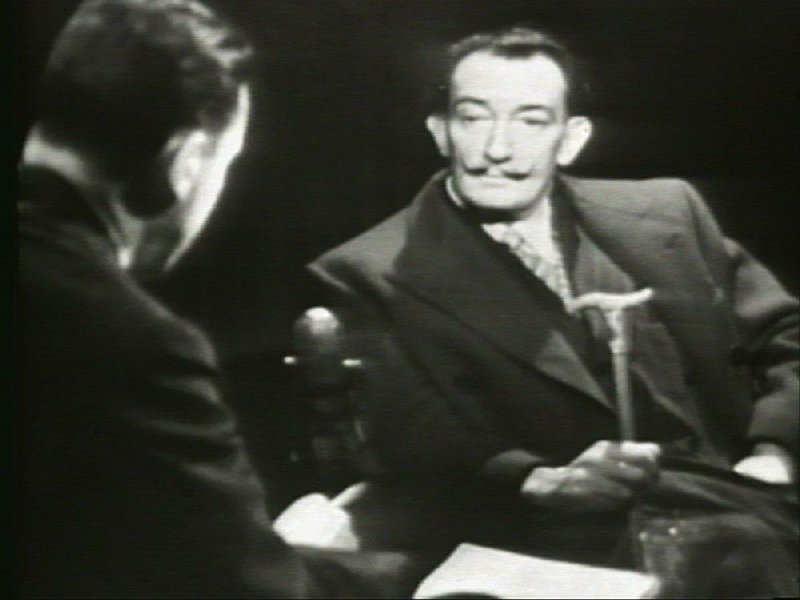I had to break out the big dictionary -- Webster's New International Dictionary/Second Edition/Unabridged -- to find the word "illeism."
This is the practice of referring to oneself in the third person.
The first example that comes to mind is how 1996 presidential candidate Bob Dole would speak about himself like this: "Make no mistake, Bob Dole is going to be the Republican nominee."
Dole was razzed about his peculiar habit quite a bit. He could have said "I" instead of "Bob Dole." People would have known what he meant.
Another politician spoke about himself in the third person, though a bit prematurely, in 1962.
Richard Nixon, after failing to become California governor, said, "You won't have Nixon to kick around anymore, because, gentlemen, this is my last press conference."
Artist Salvador Dali, in a TV interview 31 years before his death, had boldly stated: "Dali is immortal and will not die."
Athletes such as Pele, Bo Jackson and Rickey Henderson use illeism.
Heck, the Sesame Street character Elmo uses it.
Other than in the case of Elmo, whom I consider to be an agent of good, illeism sounds pompous.
Well, maybe I can cut parents a break, too. Sometimes they use the third person with their young children. "Give Mommy a kiss."
I think parents do this because kids often don't understand words such as "my," "me," "mine" and "you" until after age 2. But could it be that Bob Dole, at 2 or so, would say, "Bob wants to help Mommy set the table"?
Writing in the first person means using "I" or "we."
I could use some chocolate right now.
We will have to discuss who will drive.
Monarchs have been known to use "the royal we." Queen Victoria supposedly would say, "We are not amused" when a joke
went too far. Maybe also when a joke didn't go far enough.
Prime Minister Margaret Thatcher, who was not royalty, announced when her grandson was born in 1989, "We have become a grandmother."
Writing in the second person means using "you."
"Y'all" or "You-all" is used around the South. I never got accustomed to using that.
I have heard that one only uses "y'all" when talking about two or more people. But many people use it for just one person.
PRE-OWNED
One reader asked me to write about "pre-owned." It's a nicer way of saying "used."
Apparently "pre-owned" has been around since the 1930s, and it's in many dictionaries. But it seems that I've heard it more in recent years. And it does sound a little highfalutin'.
A similar, unnerving term for me is "pre-need." This is what you call your funeral when you pay for it before you need it. It's not when you have your funeral before you die.
Sources: Webster's New International Dictionary, Los Angeles Times, mentalfloss.com, Education.com, grammarist.com, grammarphobia.com, Oxford English Dictionary
Reach Bernadette at
bkwordmonger@gmail.com
ActiveStyle on 07/03/2017
